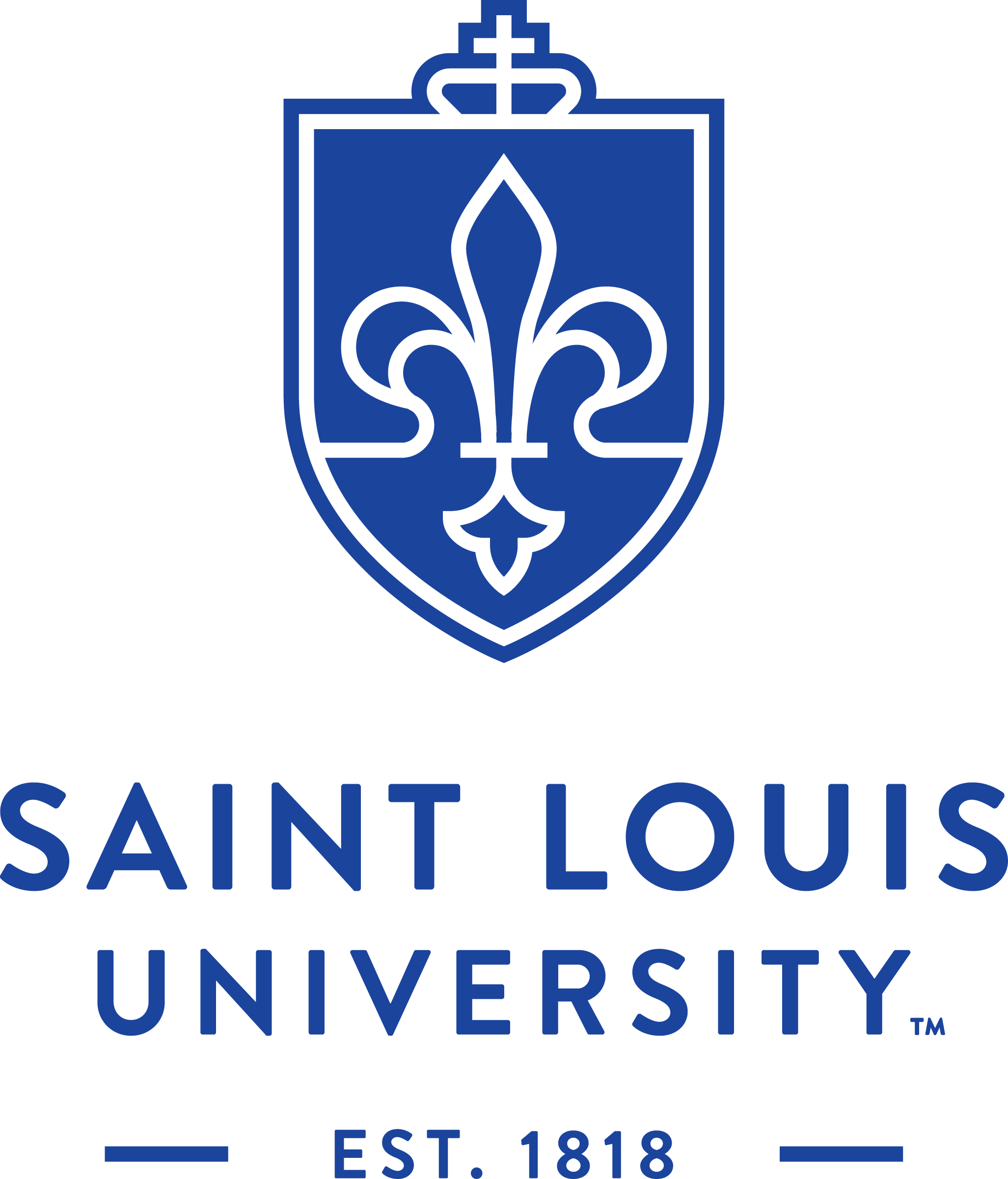Newswise — ST. LOUIS — Researchers at Saint Louis University are enrolling participants in a clinical trial to increase youth sport coaches’ knowledge of musculoskeletal injuries and how to prevent them.
The risk of injury is substantial across youth sport with an average of one in three athletes reporting a significant injury during a competitive season. SLU researchers say structured exercise-based interventions, such as neuromuscular training (NMT) warm-up programs, target modifiable risk factors and can mitigate the risk of injury.
While evidence suggests that NMT warm-up exercises can reduce injuries by about 60% across youth team sports, they remain underused by coaches.
In a clinical trial, SLU researchers and external collaborators will evaluate the effectiveness of the “MAP for Coaches,” a web-based musculoskeletal athletic injury prevention training course for youth football coaches, in implementing five to 10-minute structured warm-up exercises involving aerobics, agility, balance and focused strength training, toward reducing injuries in players.
Principal investigator Oluwatoyosi Owoeye, Ph.D., assistant professor of physical therapy at SLU, says this is the first study of its kind to test a web-based dissemination and implementation strategy for sports-related musculoskeletal injury prevention interventions.
“Evidence tells us that NMT warm-up exercises are effective; now, with this study, we want to find out if online coach training can be effective in increasing coaches’ knowledge about musculoskeletal injury prevention and promoting the implementation of NMT exercises,” Owoeye said.
Researchers will enroll 200 football coaches in Missouri, including those in underserved and rural communities, in the clinical trial.
Study participants are expected to engage in this research at three different time points: during the online training, at six months, and at 12 months post-training to complete brief surveys, all summing up to a total time of 45 to 50 minutes.
The study is sponsored by the National Institute of Health’s Center for Advancing Translational Sciences through the Institute of Clinical and Translational Sciences (ICTS), a consortium led by Washington University in St. Louis. SLU is a partner organization in the ICTS.
Those who are interested in participating in this research study may call Olu Owoeye at 314-977-8546 or email [email protected]. Visit Map for Coaches here.
Saint Louis University’s Physical Therapy and Athletic Training department conducts transformative, NIH-funded research to optimize movement and advance health care.
SLU’s Physical Therapy program is affiliated with more than 250 local, national and international clinical sites and also offers pro bono clinics. In a recent survey, graduates from the Doctor of Physical Therapy program reported a 100% employment rate within the profession within one year of graduation.
SLU houses two national athletic training journals, the Journal of Athletic Training and the Athletic Training Education Journal. Home to the only NCAA Division I athletic program in the city of St. Louis, SLU Athletic Training students receive clinical experience with the University’s athletic teams, eight other St. Louis-area universities and over 20 high schools, as well as opportunities to work in physician office rotations, NCAA championship events and summer camps.
About SLU's Doisy College of Health Sciences
The Doisy College of Health Sciences has provided students with the tools and education to become well-prepared healthcare professionals since 1929. The Doisy College of Health Sciences offers healthcare education at the baccalaureate, master’s, doctoral and professional levels in a variety of health-related fields.
About Saint Louis University
Founded in 1818, Saint Louis University is one of the nation’s oldest and most prestigious Catholic institutions. Rooted in Jesuit values and its pioneering history as the first university west of the Mississippi River, SLU offers more than 13,500 students a rigorous, transformative education of the whole person. At the core of the University’s diverse community of scholars is SLU’s service-focused mission, which challenges and prepares students to make the world a better, more just place.
